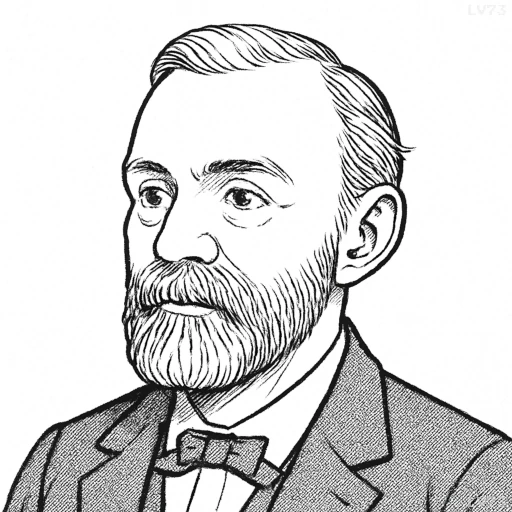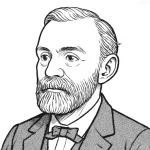“Lying is the greatest of all sins.”

- October 21, 1833 – December 10, 1896
- Born in Sweden
- Inventor, chemist, businessman
table of contents
Quote
“Lying is the greatest of all sins.”
Explanation
This quote suggests that lying undermines the very foundation of trust and integrity essential to human relationships and society. Alfred Nobel, a man known for grappling with moral complexities, might have viewed dishonesty as a corrosive force that disrupts personal and social harmony. By labeling it the “greatest” sin, the statement elevates truth-telling to a central moral tenet.
Historically, this sentiment aligns with the ethical frameworks of many philosophical and religious traditions that emphasize the importance of honesty. Nobel, who lived during a time of rapid industrialization and social change, likely saw lying not just as a personal failing but as a societal issue. In his era, false promises in politics, business, and even science were rampant, potentially influencing his strong condemnation of deceit.
In modern times, this idea remains highly relevant. From misinformation in media to dishonesty in personal interactions, lies continue to erode trust at both individual and institutional levels. For instance, scandals involving public figures often reveal the long-term damage caused by dishonesty. Nobel’s declaration serves as a reminder that truthfulness is not just a virtue but a necessity for fostering credibility, accountability, and ethical progress in any community.
Would you like to share your impressions or related stories about this quote in the comments section?




